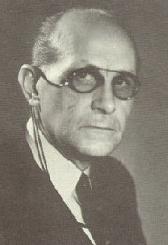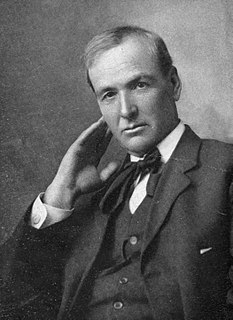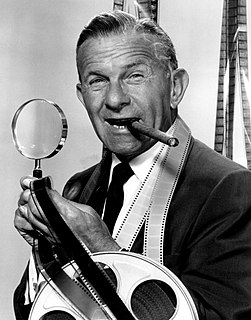A Quote by Wayne Newton
You can take of a man's money, but when it's all said and done, you've only taken his money.
Related Quotes
To walk in money through the night crowd, protected by money, lulled by money, dulled by money, the crowd itself a money, the breath money, no least single object anywhere that is not money. Money, money everywhere and still not enough! And then no money, or a little money, or less money, or more money but money always money. and if you have money, or you don't have money, it is the money that counts, and money makes money, but what makes money make money?
Jesus Christ said more about money than about any other single thing because, when it comes to a man's real nature, money is of first importance. Money is an exact index to a man's true character. All through Scripture there is an intimate correlation between the development of a man's character and how he handles his money.
In the end, therefore, money will be the one thing people will desire, which is moreover only representative, an abstraction. Nowadays a young man hardly envies anyone his gifts, his art, the love of a beautiful girl, or his fame; he only envies him his money. Give me money, he will say, and I am saved...He would die with nothing to reproach himself with, and under the impression that if only he had had the money he might really have lived and might even have achieved something great.
The more important point, however, is not about what the money does. It's about what has to be done to get the money. The effect of the money might be (democratically) benign. But what is done to secure that money is not necessarily benign. To miss this point is to betray the Robin Hood fallacy: the fact that the loot was distributed justly doesn't excuse the means taken to secure it.
When man has mastered money he shall have mastered not only his economic problem of prosperity but also his political problem, for he will see that money has no place in state functions, and, the money power being entirely in his own hands, he will easily master the state and clearly define its services. Thus money must be seen as the means of mastery of all economic and political problems. Until we have mastered money we shall not master any of our problems. Not money, but a false money system, is the root of all evil.
Then there was communism's weak-tea sister, socialism. Socialists maintained that we shouldn't take all the money away from all the people since all the people don't have money. We should take all the money away from only the people who make money. Then, when we run out of that, we could take more money from the people who...hey, wait! Where'd you people go? What do you mean you're "tax exiles in Monaco?"
It's the person who would sell his soul for a nickel, who is loudest in proclaiming his hatred of money.... Let me give you a tip on men's characters: the man who damns money has obtained it dishonorably; the man who respects it has earned it. Run for your life from any man who tells you that money is evil. That sentence is the...bell of an approaching looter.
Money is the root of all evil.' Then we hear, 'A fool and his money are soon parted.' What are they talking about? If money is so evil, shouldn't it be, 'A wise man and his money are soon parted'? And another thing, how does a fool get money in the first place? I know some fools who have a lot of money, but they won't tell me how they got it, and I won't tell them.
The only way of making money is for effort. The only time I've ever lost money is when I've purposely said, "I'm doing this to make money." And I've actually on three occasions lost significant sums. I have made wealth when I've actually made a contribution to something, when I've done something I thought I could do better than somebody else or have done something better than somebody else does it.
For although a man is judged by his actions, by what he has said and done, a man judges himself by what he is willing to do, by what he might have said, or might have done—a judgment that is necessarily hampered, not only by the scope and limits of his imagination, but by the ever-changing measure of his doubt and self-esteem.
Let us consider the actual, worldly Jew - not the Sabbath Jew, as Bauer does, but the everyday Jew. ... What is the worldly religion of the Jew? Huckstering. What is his worldly God? Money. Money is the jealous god of Israel, in face of which no other god may exist. Money degrades all the gods of man - and turns them into commodities. The bill of exchange is the real god of the Jew. His god is only an illusory bill of exchange. The chimerical nationality of the Jew is the nationality of the merchant, of the man of money in general.




































